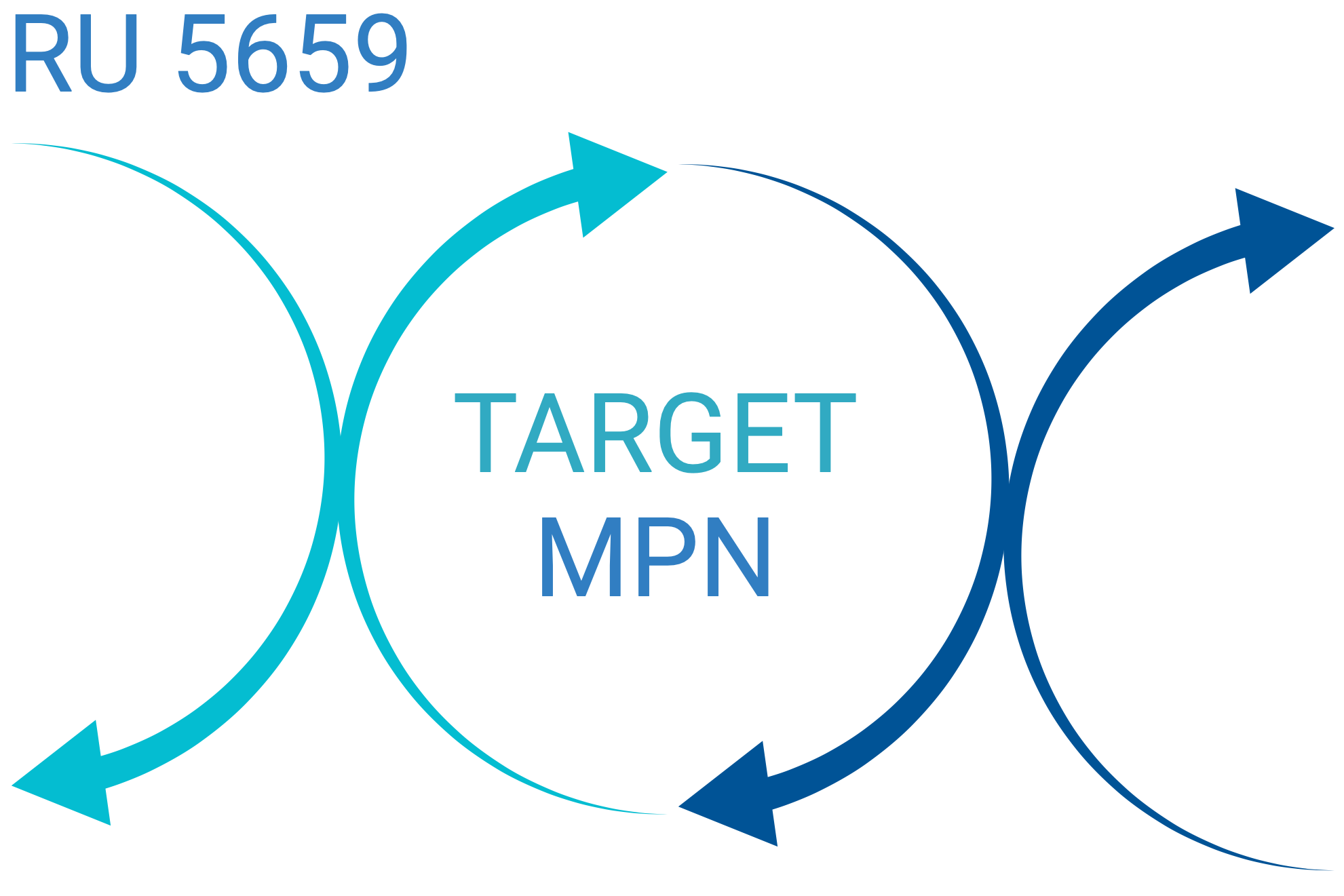Identification of niche factors and inflammatory cytokines driving disease progression in MPN
Previous findings indicate that chronic inflammation drives MPN progression and contributes to the occurrence of secondary acute myeloid leukemias (AMLs). We hypothesize that one major effector cell driving this process are MPN-derived activated granulocytes, which are highly expanded within the bone marrow including the bone marrow niche and can produce cytokines and proteases which alter the stem cell niche and directly act on hematopoietic stem cells (HSCs) & leukemic stem cells (LSCs).
Data from MPN patients indicate that increased inflammation and leukocytosis, which mainly consists of granulocytes are strongly associated with a higher risk for leukemic transformation. We therefore aim to understand the role of granulocytes in sustaining the chronic inflammation in MPN patients, their role in transforming the stem cell niche and their influence on the genetic destabilization and expansion on the HSC/LSC pool.
Furthermore, we aim to map an interactome between MPN granulocytes, different niche cells and HSCs/LSCs and aim to understand which cytokines are essentially involved in niche and LSC transformation. With the Hedgehog signaling pathway we have already identified one cytokine which is produced by activated granulocytes and acts on MSCs in the niche, causing alterations in cytokine secretion and drives MPN progression towards leukemias.
In this project, we aim to understand if we can block niche alterations and disease progression if we inhibit canonical and/or non-canonical Hedgehog signaling in the early stages of myeloproliferative diseases. Based on our previous findings, the following aims shall be evaluated within this project:
To investigate whether Hedgehog inhibition can prevent niche remodeling and clonal evolution or progression of MPN.
To assess if depletion or reduction of inflammatory granulocytes blocks MPN progression and inhibits niche remodeling.
To identify which niche factors / cell subsets are altered in MPNs and contribute to MPN progression.


